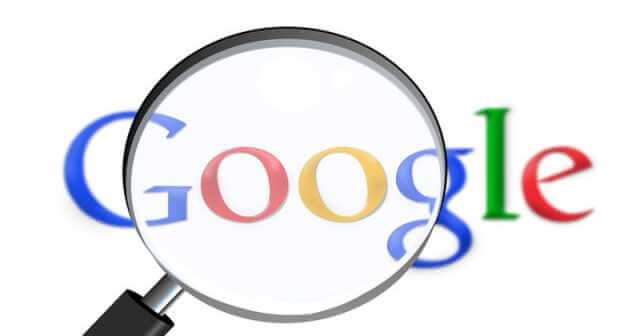These include a person’s phone number, email, or physical address, that may harm him directly or indirectly. Although, Google said it will carefully evaluate the concerned site before taking down the URL from its search results. As of now, it only removes the doxing content upon request.
Removing Personally Identifiable Information
With Google search being a widely used service for online queries, threat actors or unknown people posting personally identifiable information about others can be harmful to them. Thus, Google on Wednesday said it will respond to requests for the removal of such information from its search results. To date, it removes the doxing content on requests made by potential victims. This includes information like bank account or credit card numbers of someone shared in a malicious way, with the intent of fraud. And now, expanding this to remove personal information too is helpful. Google said, “people have given us feedback that they would like the ability to remove this type of information from Search in some cases.” PII may include names, images, or sometimes more sensitive details like the confidential log-in credentials of some accounts. Since all these are deemed personal and can cause harm if left out in public. Although, Google said it will clearly evaluate all the content on the web page before making a decision of removal. Sites such as from a government or official sources may be excluded since authorities mentioning the personal information of some people is necessary. But even if Google removes the concerned URL from its search results, it warns that some copy of that PII could be available in some part of the web, so recommends contacting the hosting site directly for more information.
